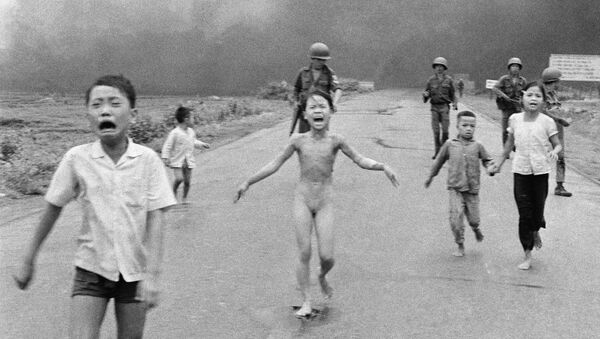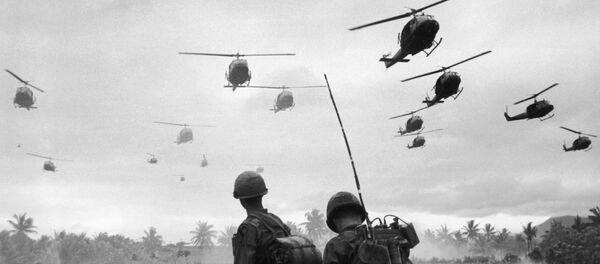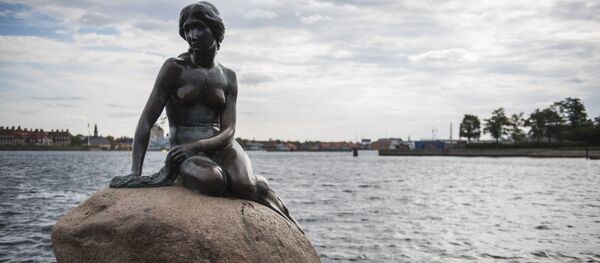Two weeks ago journalist and author Tom Egeland posted the photo, and it was quickly taken down by Facebook, in accordance with what it terms "community standards." The photograph, taken by AP photographer Nick Ut in 1972, that instantly became an iconic depiction of the Vietnam War, showed injured Vietnamese children running from a napalm attack. Among the children and South Vietnamese soldiers in the image, a severely injured and naked 9-year-old girl, Kim Phuc, is at the center, and it is her nudity that is the stated reason for the ban. "Any photographs of people displaying fully nude genitalia or buttocks, or fully nude female breast, will be removed," according to Facebook policy.
#NapalmGirl picture gives a face to the horrors of war and should NOT be censored. War isnt pretty
— Renée Whitfield (@ReneeNWhitfield) 9 сентября 2016 г.
Facebook removes iconic image of girl fleeing Napalm attack during Vietnam war from a post on grounds of nudity. pic.twitter.com/4JcHruB0ez
— Man in Black (@69mib) 9 сентября 2016 г.
Norway's largest newspaper, Aftenposten, published an open letter to Mark Zuckerberg on its front page, accusing him of an abuse of power in his use of a global information distribution platform. Editor-in-chief Espen Egil Hansen wrote, "First you create rules that don't distinguish between child pornography and famous war photographs. Then you practice these rules without allowing space for good judgement."
.@Facebook deletes Norwegian PM @erna_solberg 's post of the #NapalmGirl. Solberg responds brilliantly. pic.twitter.com/T9el0bdsGF
— Kyrre Ryeng (@Kyrre_Ryeng) 9 сентября 2016 г.
Just a reminder: Facebook is not mandatory. I've never had it & never will. Maybe if u ppl delete ur accts Zuck w/care. Naww. #NapalmGirl
— MLoy (@Grouchosauras) 9 сентября 2016 г.
Facebook just blocked Norwegian Prime Minister’s account for posting Napalm Girl photo. Stunning: censorship of democratic leader by FB.
— Grzegorz Piechota (@g_piechota) 9 сентября 2016 г.
Norwegian newspaper Dagsavisen contacted the Kim Phuc Foundation, founded by the former war victim in 1997 for helping children suffering in war. A foundation spokesperson told Dagsavisen, "Kim is saddened by those who would focus on the nudity in the historic picture rather than the powerful message it conveys. She fully supports the documentary image taken by Nick Ut as a moment of truth that captures the horror of war and its effects on innocent victims."
#NapalmGirl according to @facebook "correcting factual inaccuracies" pic.twitter.com/rMvwq9T9um
— Rentboy Holborn (@SuperOldHolborn) 9 сентября 2016 г.
Ut said of the photograph, "It changed the war. I met so many American soldiers who said, ‘Nicky because of your picture I'll get to go home early.'"






